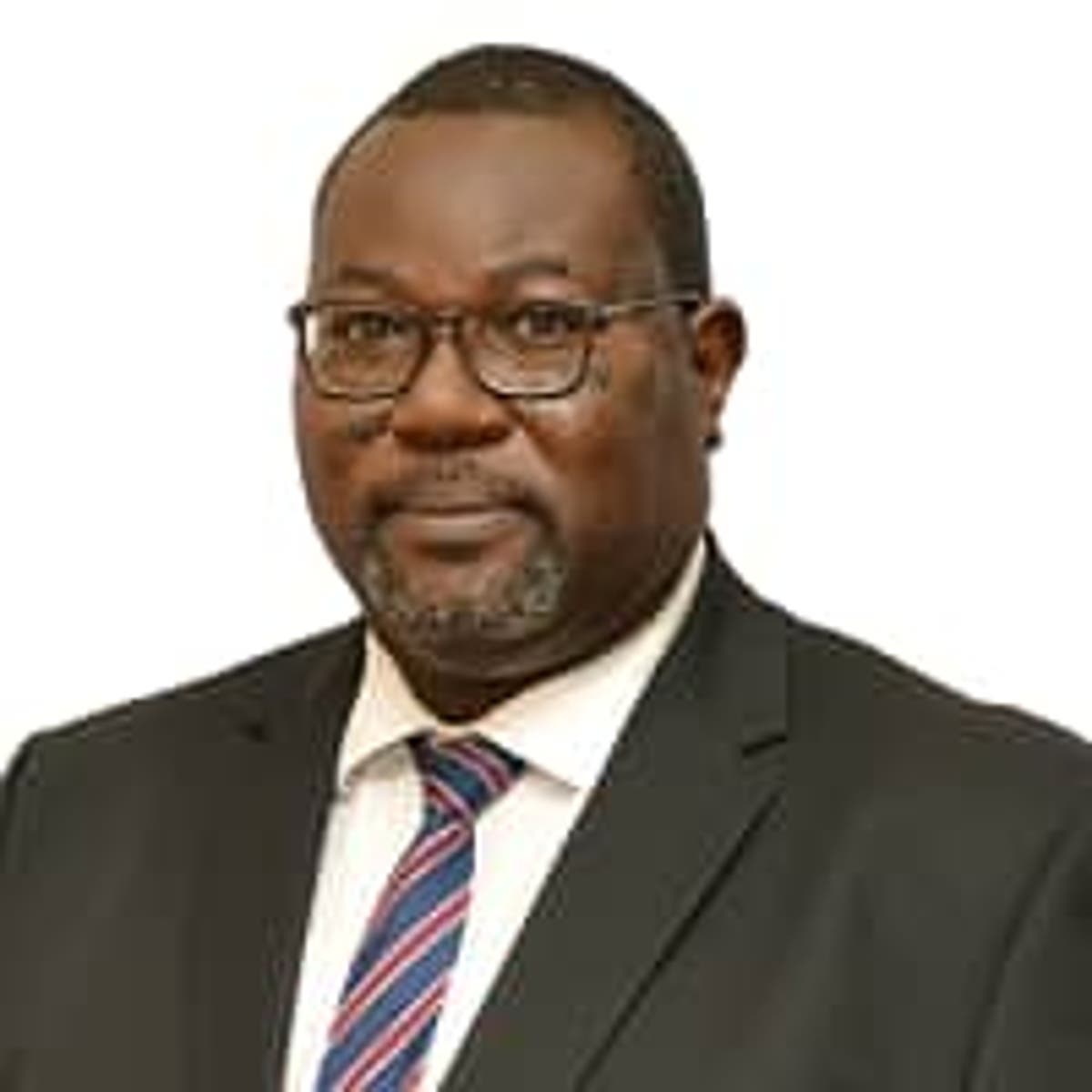…Says realistic economic diversification should start form NNPC
Until the Federal Government reverse to begin its economic diversification campaign from the oil and gas sector and the Nigerian National Petroleum Corporation (NNPC), self deceit remains the best explanation for whatever is being done in other sectors.
This is the technical summary of the shilling analogy presented by leading tax consultant and partner at PricewaterhouseCoopers (PwC), Mr Taiwo Oyedele, at the recent seminar by Finance Correspondents Association (FICAN) in Lagos.
His analogy followed this pattern:
“I will start with a quote by the Saudi Arabia’s former Oil Minister, Sheik Ahmed Yamani, who said in 2000 that the Stone-age did not end for lack of stone and the oil age will end long before the world runs out of oil. I think that is a very powerful quote that needs to remind us in a very simple term that Nigeria needs to start thinking about what to do with non-oil.
“The oil sector is about nine to 10 per cent of our GDP, which means that the non-oil is about nine times as important as the oil sector.
“We should not be deceived into thinking that the oil sector is fine and I have the numbers. Saudi Aramco is the world’s largest and most profitable company. In 2018, it made $111 billion profit and paid $101.7billion in income tax; $70 billion in royalty to the government. Altogether, the taxes paid by Aramco are more than four times of all revenue generated by Nigeria from oil; all taxes and levies combined.
Linking the argument to Nigerian’s NNPC, Oyedele averred as follows:
“If NNPC at about two million barrels of oil per day has been as efficient as Saudi Aramco, NNPC would have generated over $40 billion to the government of Nigeria in royalty, income tax and dividend.
“But we did not make anywhere close to that. So my point is, we should start our diversification journey from the oil sector itself. Why are we not refining? Petrochemical ? Fertilizer?
“So it is a combined story that I want to tell. It is not surprising that Nigeria is still in poverty with 10 million people in extreme poverty and 120 million people living in poverty. That is less than a dollar, nine cent a day, which is approximately about N20,000 per month or N700 per day.
“We have to acknowledge the fact that Nigeria is not an oil-rich economy. We should stop deceiving ourselves. Nigeria is an oil producing economy. Correct! But it is not an oil rich economy!
Continuing, he argued that “If we do 2.2 million barrels per day and we sell at $60 per barrel, assuming our cost of production is zero and Nigeria owns everything. Corruption is zero; wastage is zero; we will still be very poor because this translates only to about N210 per person per day. That is extreme poverty.
“So we have youthful population. Sometimes we brag about our population. Population is not a good or a bad thing. It is whatever you make of it. Do you know that there is a lack of opportunities for our people if you have that level of poverty?
“According to Maslow’s theory of needs, when people can’t feed themselves, they are hungry and when they are hungry, they are angry. They cannot be rationale. So a lot of the things they say, we are just being unfair to ourselves. Unless we address the issue of poverty and education, nothing is going to happen differently.
“In case you don’t know, if you earn N300,000 per month, you are in the top one per cent of the society in terms of your wealth. It is not because you are so rich but because other people are so poor. Even NDIC said that Nigerians who can brag of N500,000 in their bank accounts, all BVN accounts combined, are only 1.4million.That is less than one per cent of Nigerians.
“What that means is that until you fight poverty and create prosperity, you cannot fight insecurity.
“So as of today, as a matter of policy, we have the wrong approach and the wrong mindset. The government would come out and tell us, agriculture is where we want to focus on so that it can employ a lot of our people. It just speaks to how backward we are in our thinking.
The PwC tax expert made it clear that “If you are looking for agriculture to provide the highest employment for your people, you are living like 100 years behind time. The country that is self-sufficient in food today has less than two per cent of their population in agric and they produce more than they need. So when you have 30 per cent of your people producing food and you are still hungry, you are living so far in the stone-age.”









